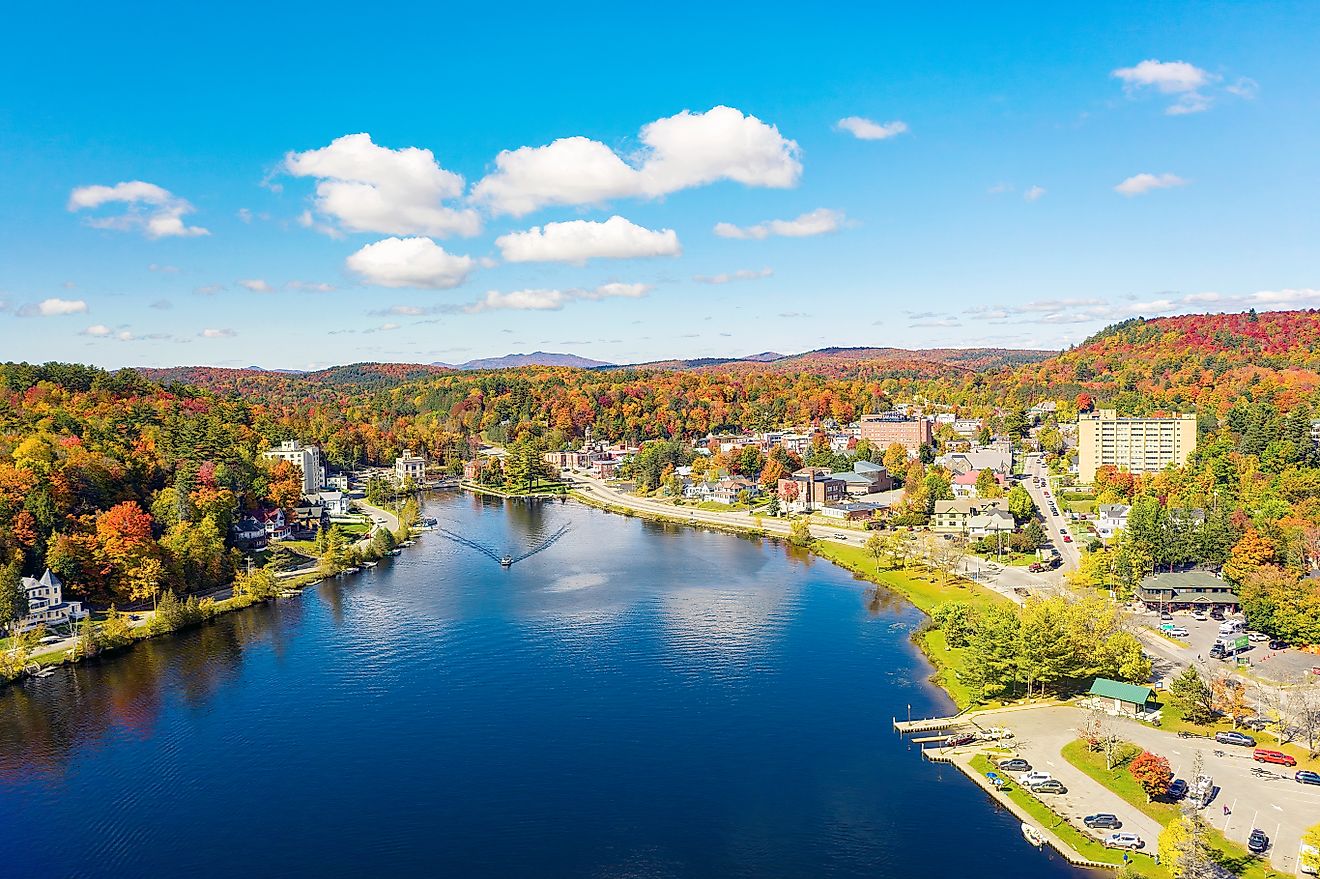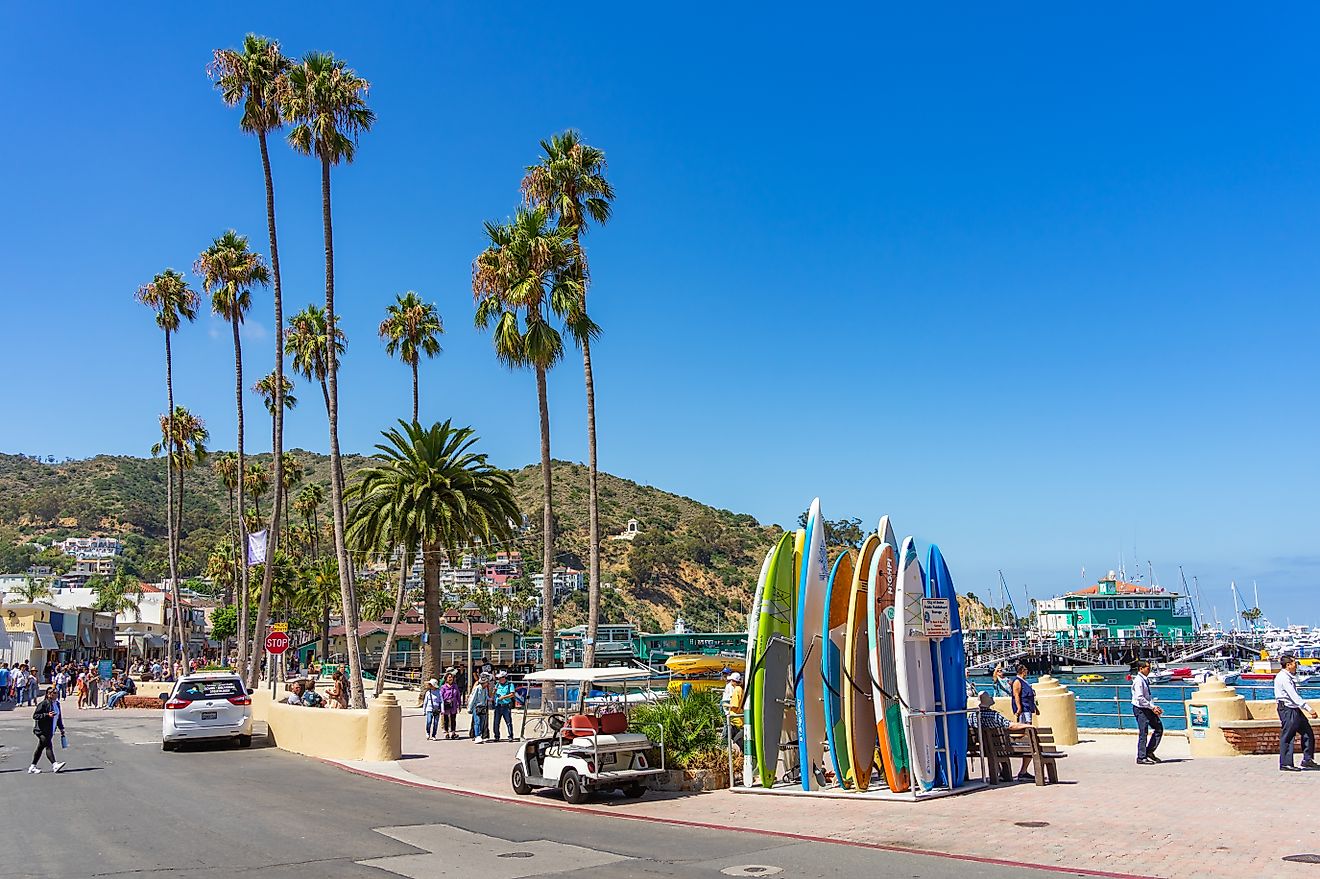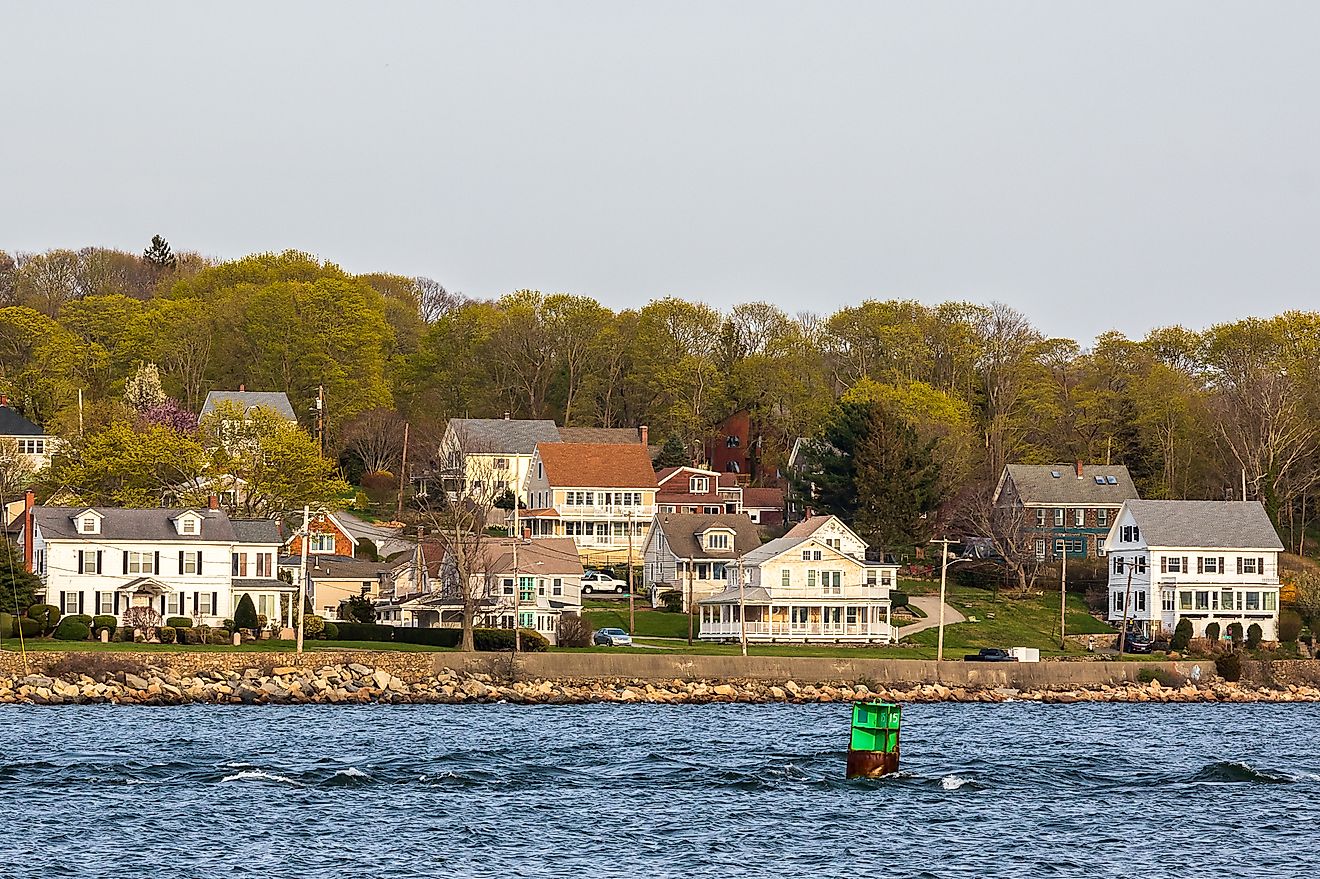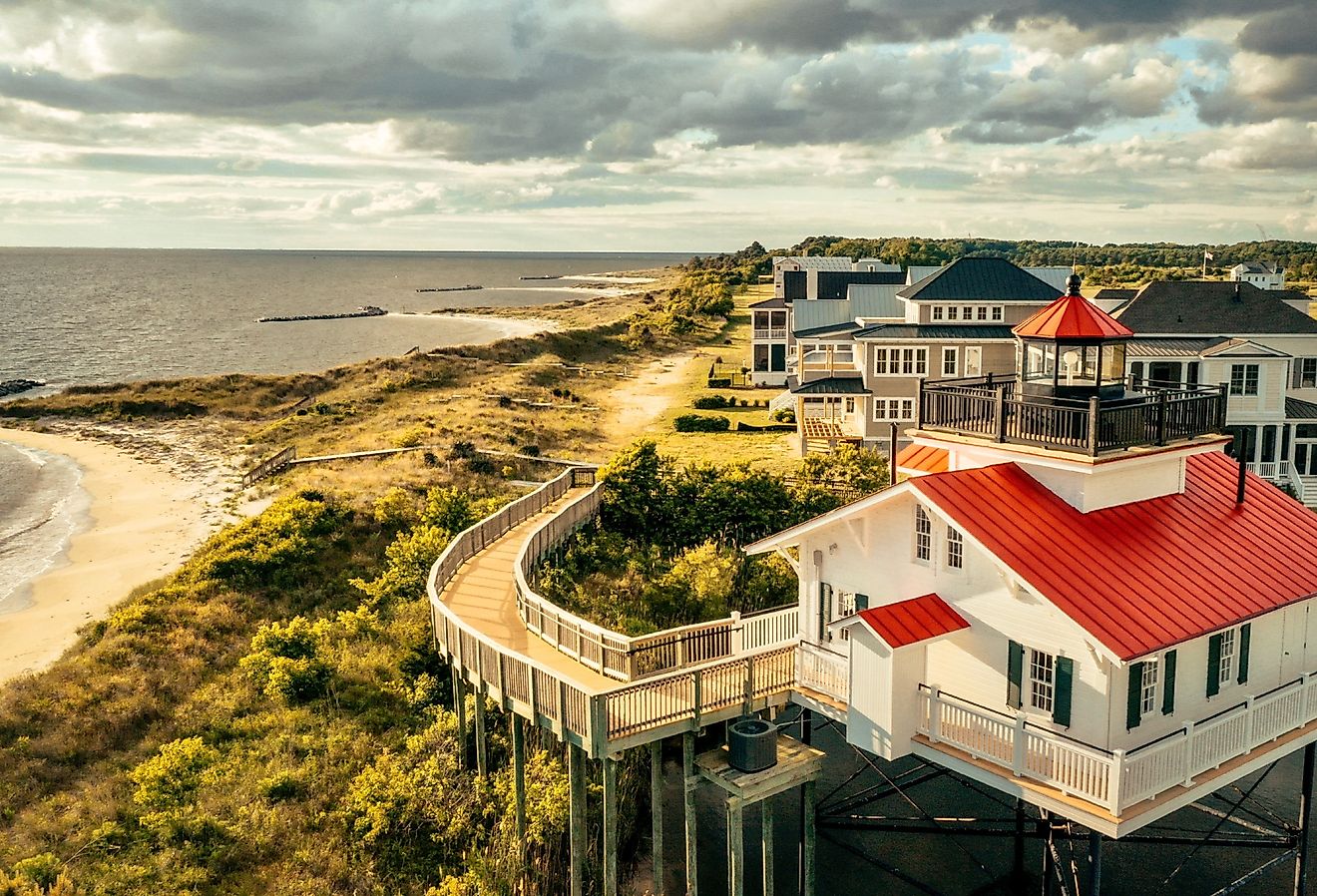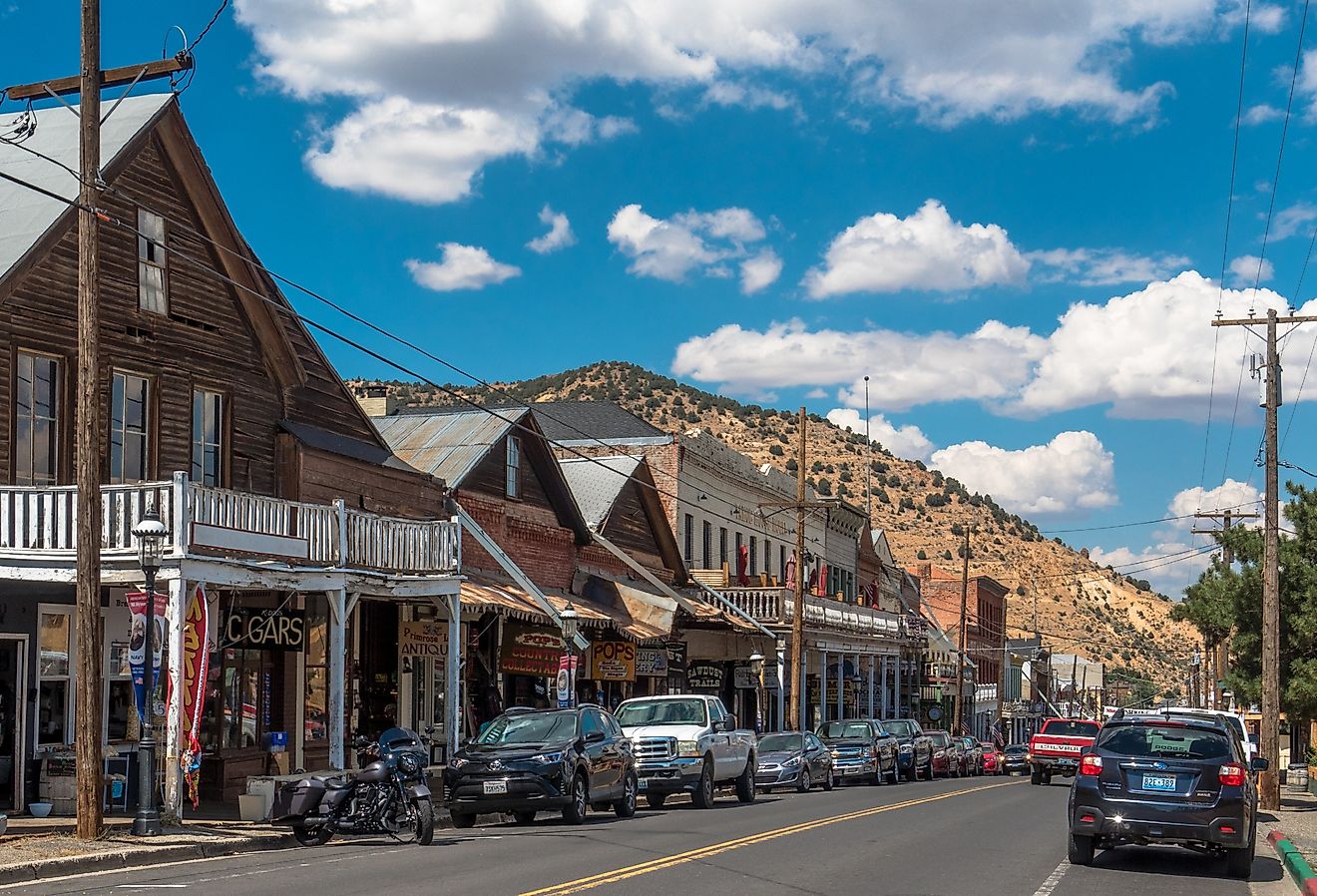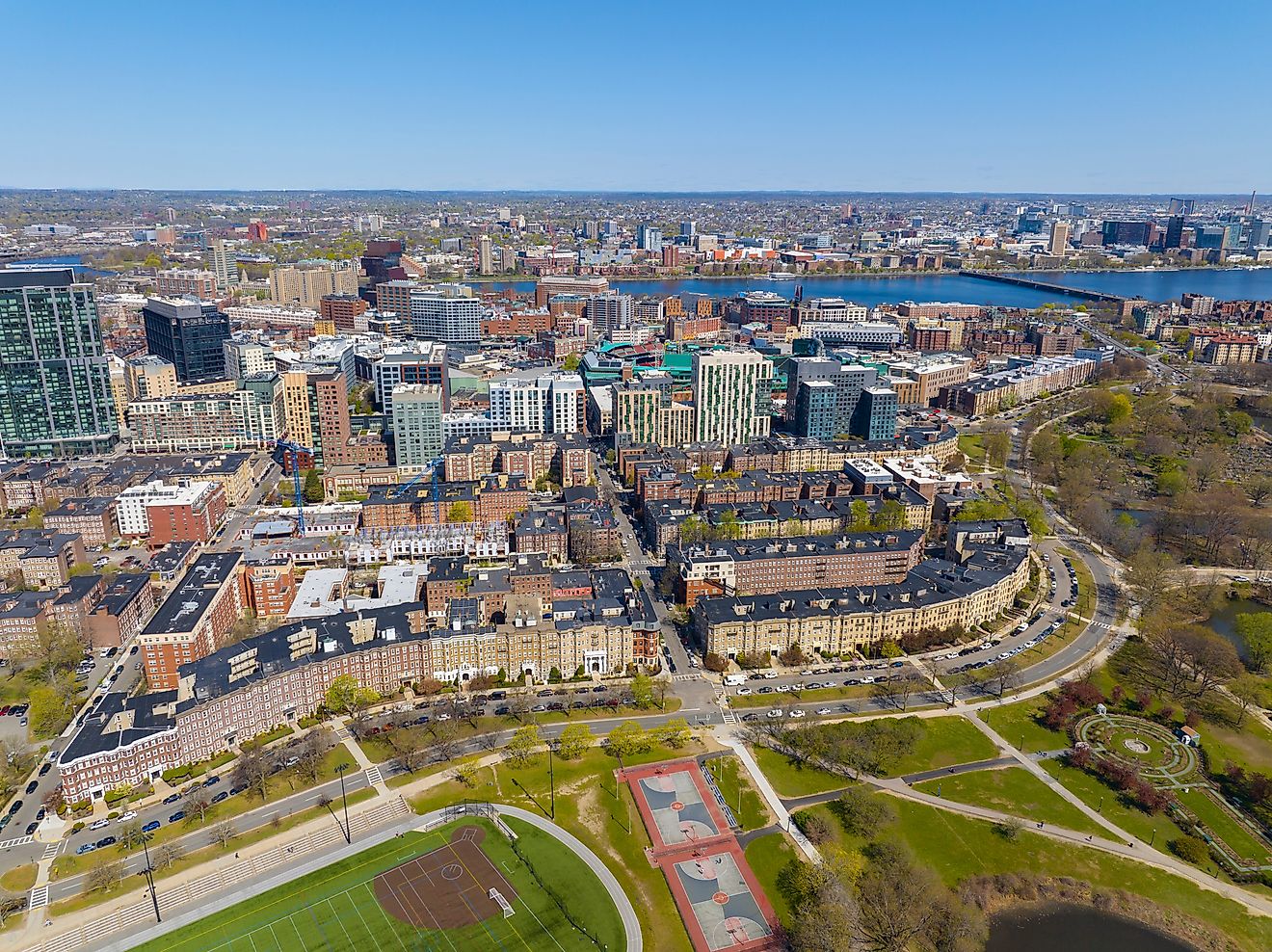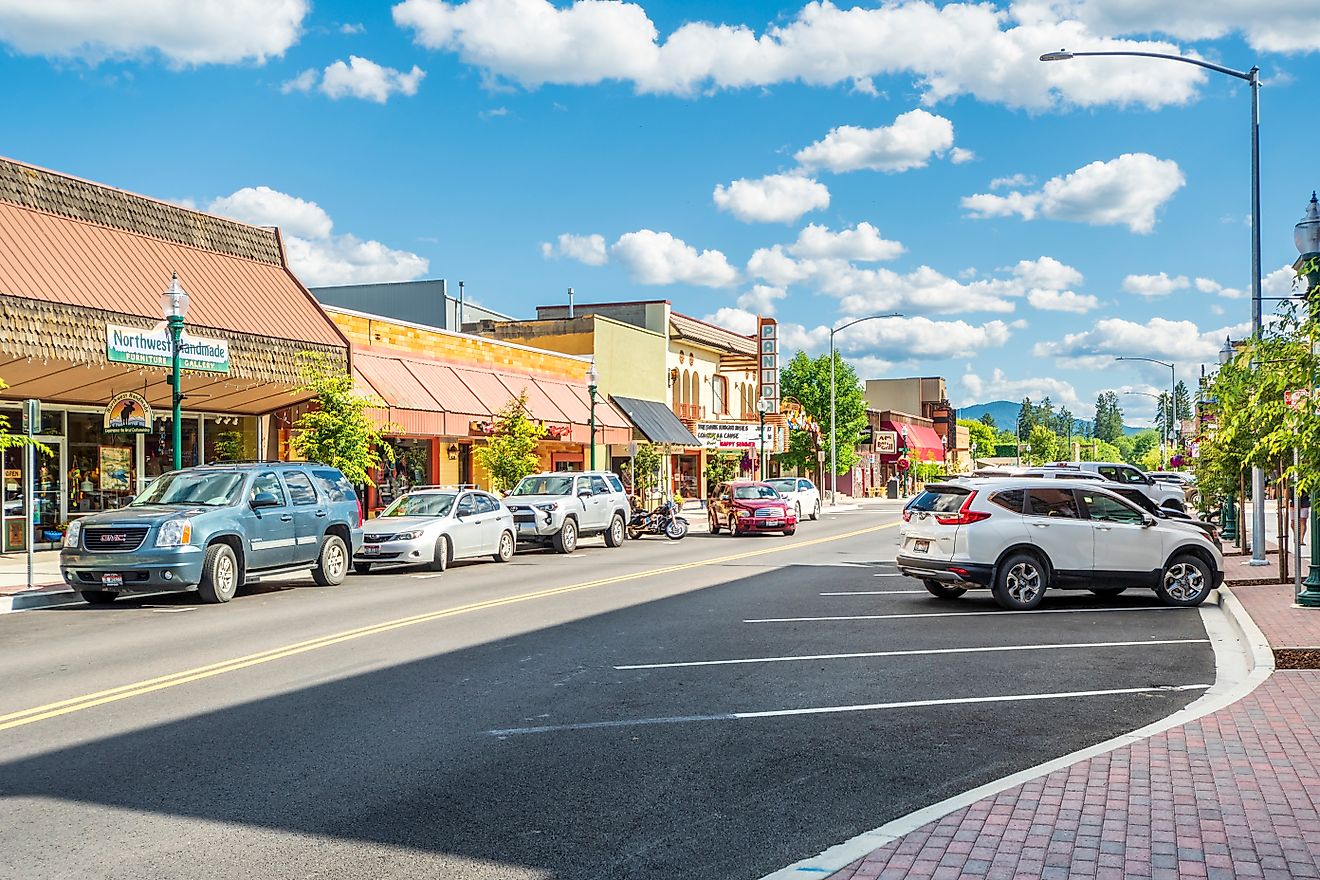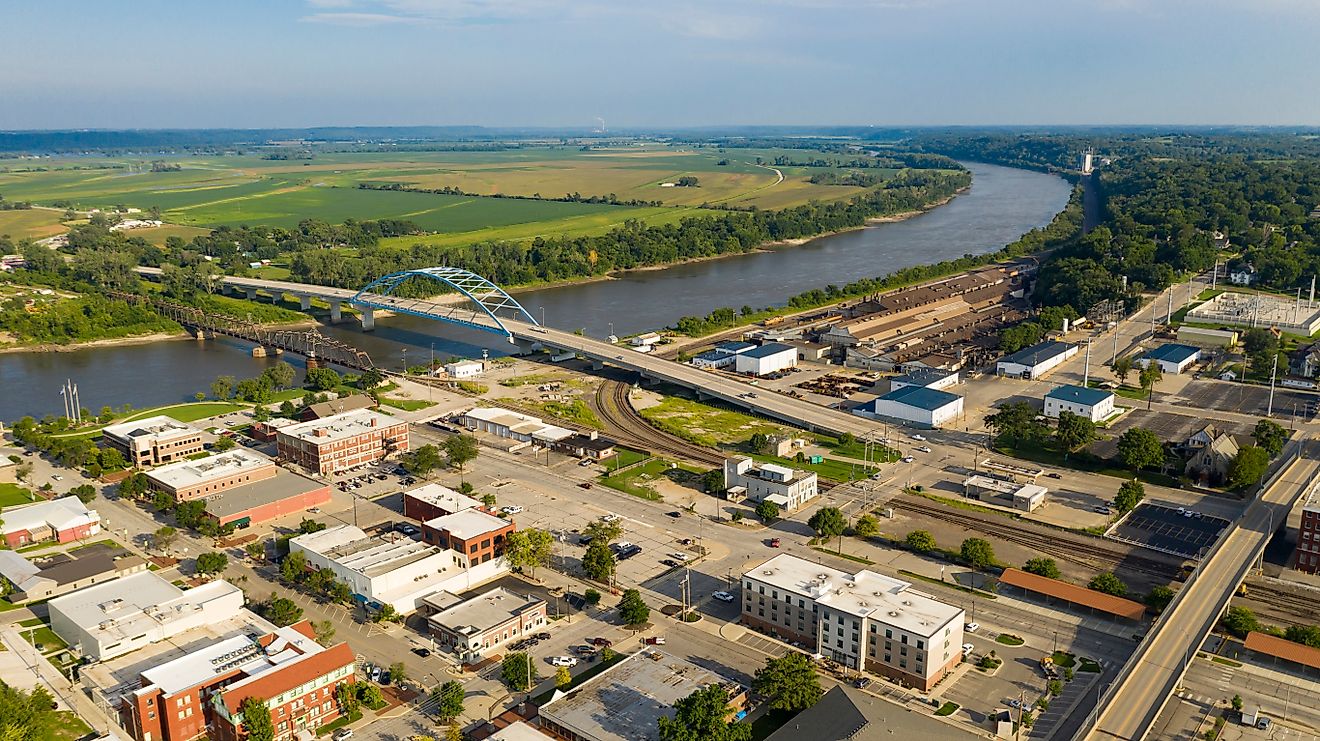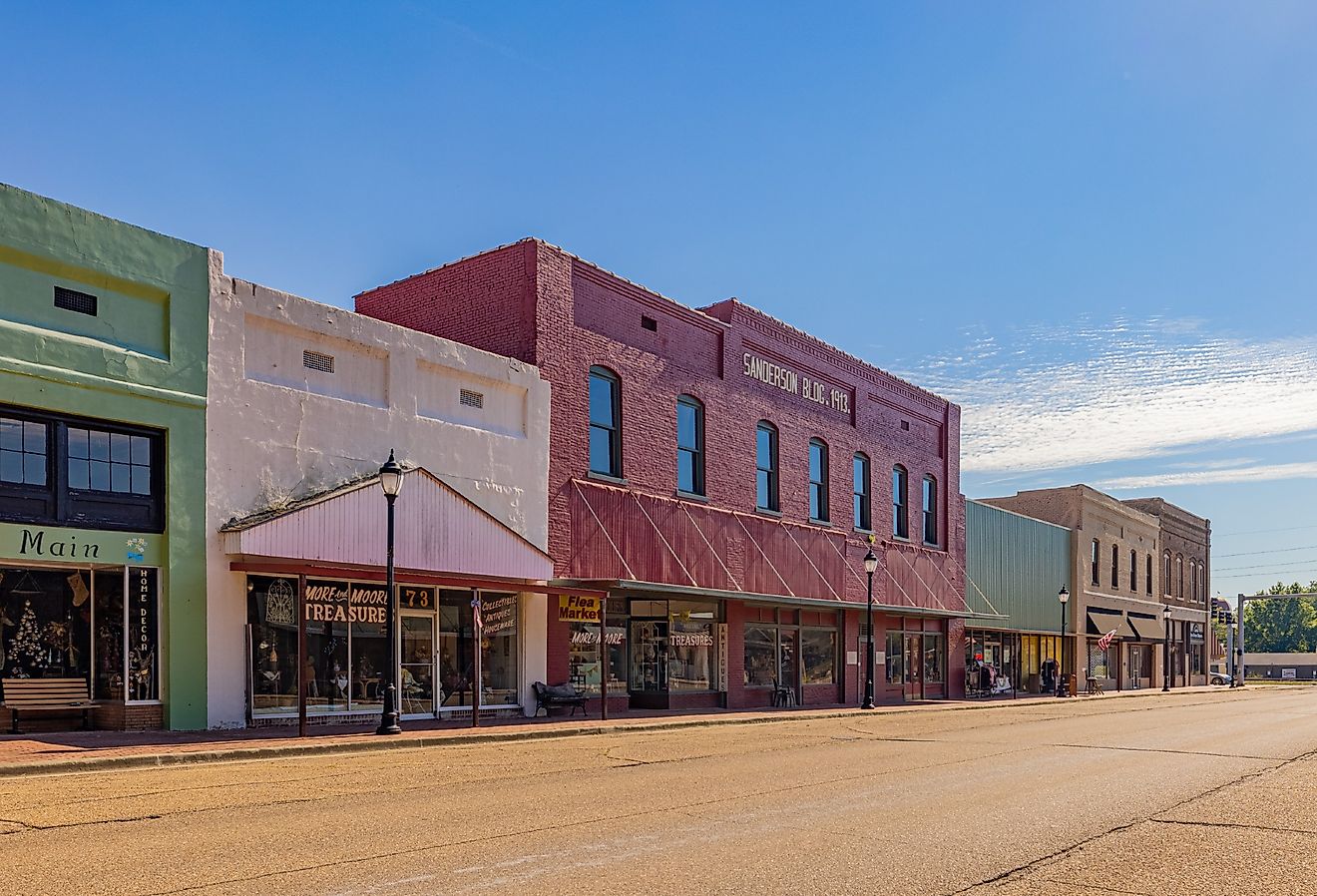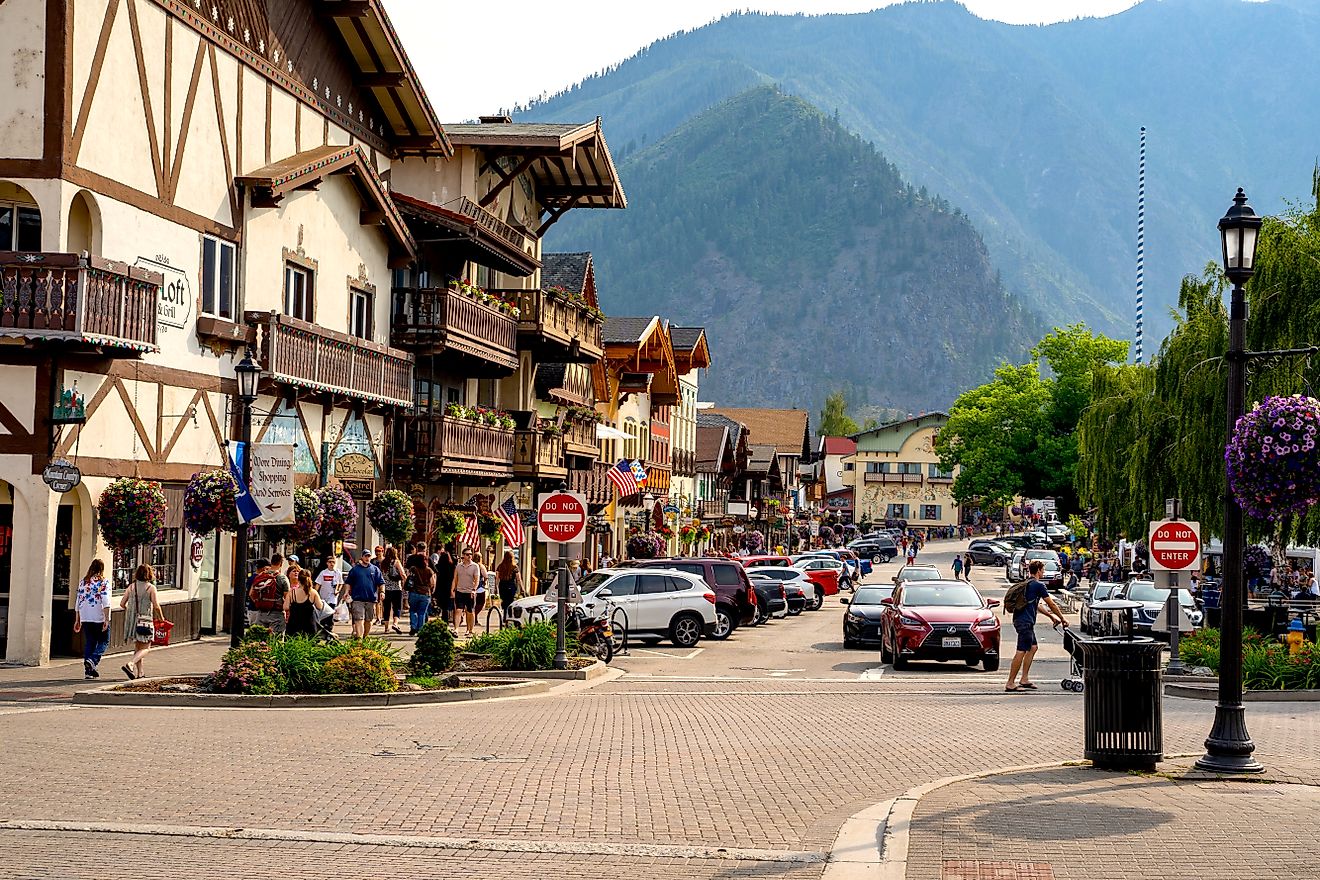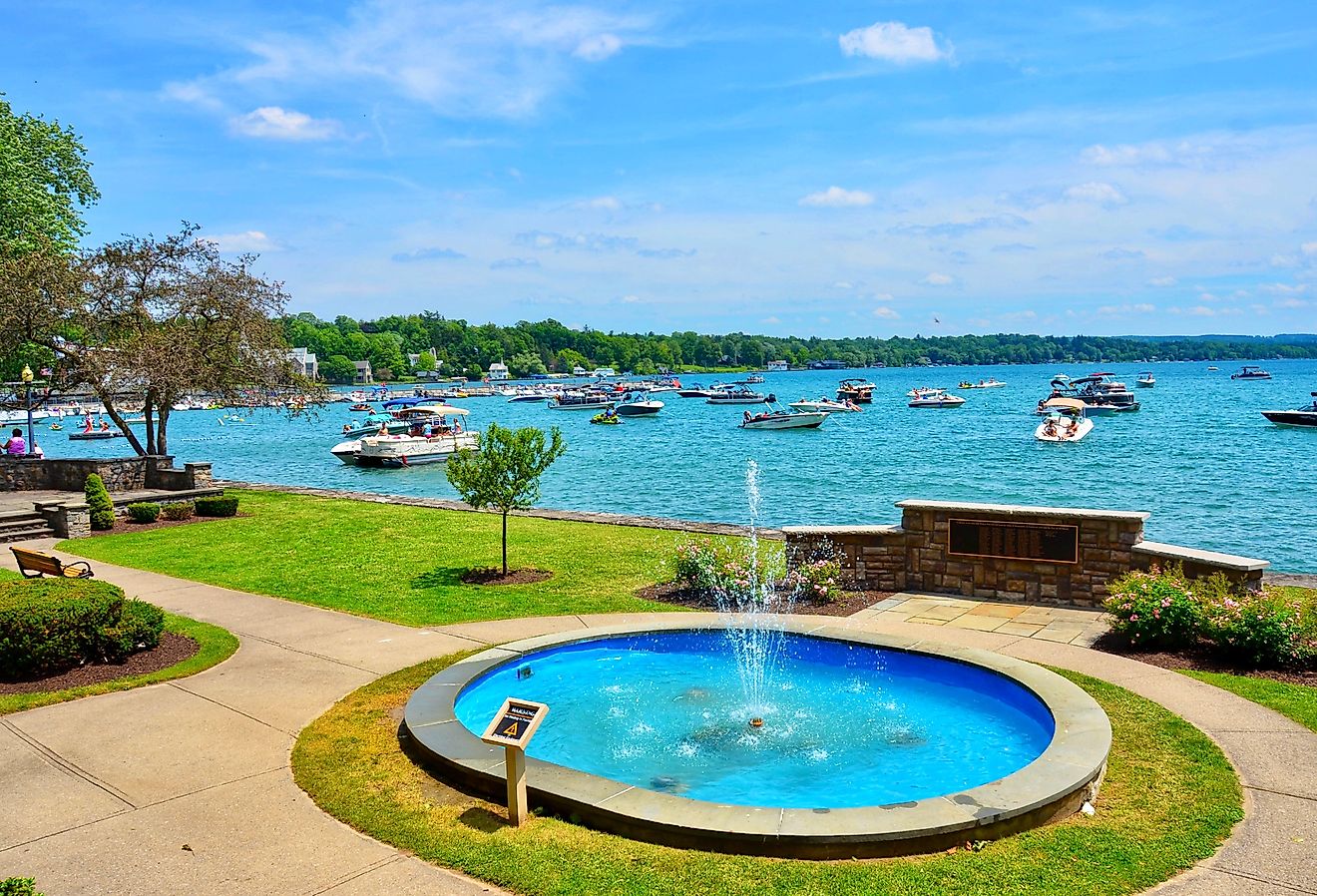
Trenton, New Jersey
Trenton is a big city situated in Mercer County on the eastern banks of the Delaware River in the west-central portion of the US State of New Jersey. Trenton serves as the state capital and is a historic city with a strong past and a promising future. Trenton forms a part of the Greater New York City Combined Statistical Area. The city, which formerly served as the capital of the United States, is bustling with culture and features a variety of hidden treasures, including spectacular museums and picturesque parks.
Geography And Climate Of Trenton

Trenton is situated 55 miles southwest of New York City and about 28 miles northeast of Philadelphia, Pennsylvania. The New Jersey Turnpike, Interstate 295, and US Route 1 are the routes that connect Trenton to New York and Philadelphia. The municipality is home to the distinct communities known as North Ward, South Ward, East Ward, and West Ward. Trenton shares borders with Mercer County's Ewing, Hamilton, and Lawrence Townships, as well as Pennsylvania's Bucks County's Falls Township, Lower Makefield Township, and Morrisville, which lies on the other side of the Delaware River. The Delaware River Joint Toll Bridge Commission looks after a number of bridges across the Delaware River, including the Lower Trenton Bridge, Trenton-Morrisville Toll Bridge, and Calhoun Street Bridge, which link Trenton to Morrisville, Pennsylvania. Assunpink Creek, a 22.9-mile-long tributary of the Delaware River, runs in the middle of the city and divides it into two parts. Trenton covers a total area of 21.25 sq. km, of which 19.63 sq. km is occupied by land, and 1.62 sq. km is covered by water.
According to the Köppen climate classification, Trenton is located in the transitional zone between a humid subtropical climate and a warmer, humid continental climate (Dfa). In Trenton, the four seasons are almost equal in length, and precipitation is distributed uniformly throughout the year. Real temperature extremes are pretty uncommon. A little over 1200 mm of precipitation falls annually on average. The best months are May and September, when average highs range from 20°C (68°F) to 26°C (79°F).
History Of Trenton

In what was then known as the "Falls of Delaware," the first community that would become Trenton was founded by Quakers in 1679, under the leadership of Mahlon Stacy from Handsworth, Sheffield, United Kingdom. When Quakers were being persecuted in England, North America provided the ideal setting for them to practice their right to freedom of religion. Trent-Towne became the name of the community by 1719, after one of its most important landowners, William Trent, who had acquired much of the surrounding territory from Stacy's family. Later, this name was shortened to Trenton.
In November 1790, Trenton was chosen as the new state's capital, and on November 13, 1792, Trenton City was established within Trenton Township. George Washington's first military triumph in the American Revolutionary War took place in this city. After crossing the cold Delaware River to Trenton, Washington and his army beat the Hessian soldiers stationed there on December 26, 1776. After the war, in the months of November and December 1784, Trenton served as the United States' temporary capital. Although the city was seen as the nation's future capital, the southern states preferred a place south of the Mason-Dixon line.
The Population And Economy Of Trenton
As per the latest US Census, Trenton has a population of 90,871 residents, where 51.3% are females and 48.7% are males. The city's racial makeup is 48.7% African-American or Black, 37.2% Hispanic or Latino, and 13.5% white (non-Hispanic/Latino). The remaining are distributed among Asians, American Indians and Alaska Natives (AI/AN), Native Hawaiians and Other Pacific Islanders, and other mixed races. English is spoken by 61.6% of the population. The rest speak Spanish (33.7%), Indo-European languages (2.2%), Asian and Pacific Islander languages (0.5%), and other foreign languages (1.9%). Only 33.8% of the population in Trenton are naturalized US citizens. Veterans make up 4.5% of Trenton's population, of which 93% are males, and 7% are females.
As per the same Census, the employment rate in Trenton is 51.2%, with a poverty rate of 27.2%. The homeownership rate is 38.4%, where the median gross rent cost is $1,085 per month, with a median household income of $37,002. According to Sperling’s BestPlaces, the unemployment rate in Trenton is 9.5%. The job market in Trenton has grown by 1.3% over the past few years. In comparison to the US average of 33.5%, future job growth is expected to be 25.3% during the next ten years.
Attractions In Trenton
William Trent House Museum

Despite being used for many different purposes over the years, the location was restored to its original purpose, William Trent's home, and inaugurated as a historical museum in 1939. This house, which is genuinely steeped in history and continues to play a crucial role in New Jersey's culture, was named a National Landmark by the US Congress.
New Jersey State Museum

One of the state's most prominent museums and the location of an astonishing array of art, history, and science displays is the New Jersey State Museum. The museum, located in the middle of Trenton, is a fantastic site to learn about the state's history. The museum hosts several exhibitions, educational activities, and events throughout the year.
Cadwalader Park

One of Trenton's most famous parks is Cadwalader Park. It has many recreational amenities, including a playground, tennis courts, and a walking trail. The park has beautiful views of the city and is situated along the Delaware River. Several historical sites, including the Ellarslie Museum and the Civil War Memorial, are in Cadwalader Park.
